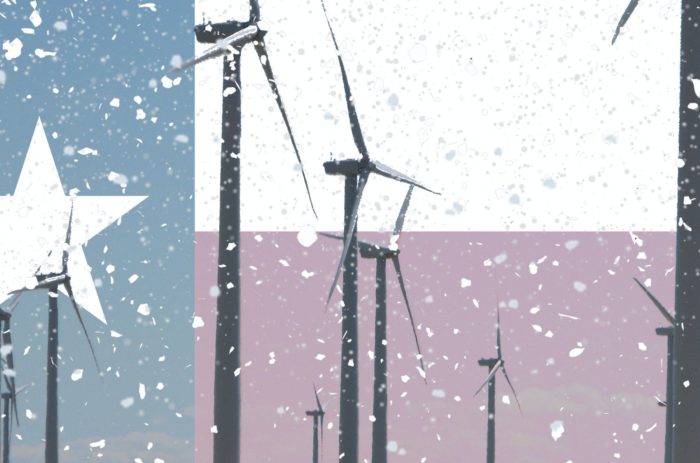redo Jump to...
print Print...
 (by Al Maurer, Washington Times) COLORADO SPRINGS, Colo. – The sun came up this morning in Colorado. It is a beautiful morning. The Federal government went into shutdown mode [Sunday] night at 10pm Mountain time. There’s still heat in the house, provided by Black Hills Energy. There’s still electricity, provided in the county by Mountain View Electric. In the city of Colorado Springs, the four-service utility company, a public corporation owned by the city, is still operating. Schools are still in session, I-25 is still under construction, and people are still on the roads going to work.
(by Al Maurer, Washington Times) COLORADO SPRINGS, Colo. – The sun came up this morning in Colorado. It is a beautiful morning. The Federal government went into shutdown mode [Sunday] night at 10pm Mountain time. There’s still heat in the house, provided by Black Hills Energy. There’s still electricity, provided in the county by Mountain View Electric. In the city of Colorado Springs, the four-service utility company, a public corporation owned by the city, is still operating. Schools are still in session, I-25 is still under construction, and people are still on the roads going to work.
In short, the much-threatened “government shutdown” happened and not much has changed. It may have been a crisis inside the Beltway, but here in flyover country we hardly noticed.
State and local government continues to function. They provide the essential services that most citizens need on a day-to-day basis. Utilities are still mostly privately-owned and continue to function as well. You can thank Wendell Wilke for that. In the 1930s he fought the attempted nationalization of the nascent electric utility industry by the federal government. Today if you know his name at all it is probably because he ran unsuccessfully against Franklin Roosevelt in 1940.
There are more lessons to be learned from this non-event.
 The first is that state and local government continue to function because that’s the way our republic is designed. Government closest to the people is most responsive to them. In recent decades state governments have been bribed with federal dollars to work for the federal government. It is easier to ask for a federal handout than ask voters for more tax money – but it comes at a cost. States need to re-assert their sovereignty. The states and the people created the federal government, not the reverse.
The first is that state and local government continue to function because that’s the way our republic is designed. Government closest to the people is most responsive to them. In recent decades state governments have been bribed with federal dollars to work for the federal government. It is easier to ask for a federal handout than ask voters for more tax money – but it comes at a cost. States need to re-assert their sovereignty. The states and the people created the federal government, not the reverse.
The corollary is that the federal government belongs to us. We do not belong to the federal government, as candidate Barack Obama claimed in 2012. With the heavy hand of the federal government temporarily relaxed, today we are mostly not worse off than we were yesterday. And for those of us who may be worse off: we the people as individuals and as charitable organizations can and should take up the slack. We always have, more efficiently and with more compassion.
Finally, we need to remember that the business of America is and always has been business. The business of America is not government, despite over four years of non-stop propaganda about how the federal government is going to solve all our problems, real and contrived.
Americans are producers, inventors, and problem solvers. We are a people with a can-do attitude. We don’t need a big-government Leviathan to come in and solve our problems for us. We seem to have forgotten that. Certainly our would-be masters in Washington, D.C. have. They believe they are all essential. They are not.
What else was happening in Washington [Sunday] night? The DC Caller’s Alex Pappas reports that the Democrat Party glitterati converged for a party hosted by Hillary Clinton. It was a fundraiser for Terry McAuliffe who is running for Virginia governor. The line of black sedans and Chevy Tahoes remind one of nothing so much as convoys of black Soviet-era Volgas.
It would be tempting to write that the Mercedes Marxists and limousine liberals were fiddling as Washington burned – but the truth is, like previous government shutdowns, Washington isn’t burning.
The House finally called the president’s bluff. America is going to be all right: probably even better off.
Published October 1, 2013 at The Washington Times. Reprinted here October 3, 2013 for educational purposes only. Visit the website at washingtontimes.com.
Questions
1. The purpose of an editorial/commentary is to explain, persuade, warn, criticize, entertain, praise or answer. What do you think is the purpose of this editorial? Explain your answer.
2. Tone is the attitude a writer takes towards his subject: the tone can be serious, humorous, sarcastic, ironic, inspiring, solemn, objective, cynical, optimistic, critical, enthusiastic…etc.
Which word do you think best describes the tone of the commentary? Explain your answer.

